As the crisis in Syria rages on amid a recent UN resolution for an end to the violence, we asked PoliticsLab participants what, if anything, the UK could or should do to help
Last week, the UN’s General Assembly passed a resolution calling for an end to the violence in Syria, condemning human rights violations in the country and calling for President Assad to hand over his power to a deputy.
While this development is more symbolic than muscular – albeit with the support of the Arab World – without Russia and China’s approval, stronger action arguably remains non-negotiable.
But what implications does this resolution have for Syria, and for those locked in combat – both for Bashar al-Assad’s government troops, and the ordinary civilians on the streets finding themselves in the line of fire from the state?
Reports from Homs of the rising death toll; of shelled houses; of the bombing of an oil pipeline; of indiscriminate firing; of the brutal government tactics being used to suppress the uprising, and of rebels’ resistance… all leave Britons wondering what the UK can or should do ‒ if anything ‒ to intervene.
We put this question to PoliticsLab participants:
“If the situation in Syria continues, which, if any of the following, should Britain do to intervene?”
- Many participants felt that intervening to quell the violence would unmistakeably be the right thing to do. Yet others advocating British involvement also expressed doubts that it would have any real or favourable impact. All the same, their feelings were clear – there must be something that Britain can do. But this in itself also asks the question: where does the buck stop?
- Those who felt the UK should not intervene under any circumstances often had a more clear-cut argument, saying that 'this is not our fight'. Several participants argued that Britain 'was not the world’s policeman' and should stop trying to fulfil this role.

What do you think the UK could do, if anything, to stop the crisis in Syria?
Enter the discussion using the Disqus comments section below

Below we look at the range of arguments made by PoliticsLab participants explaining their views on whether Britain could or should respond to the Syrian conflict.
No, Britain should NOT intervene in the Syrian conflict
Argument 1 - Because Britain can’t afford another war – in any sense
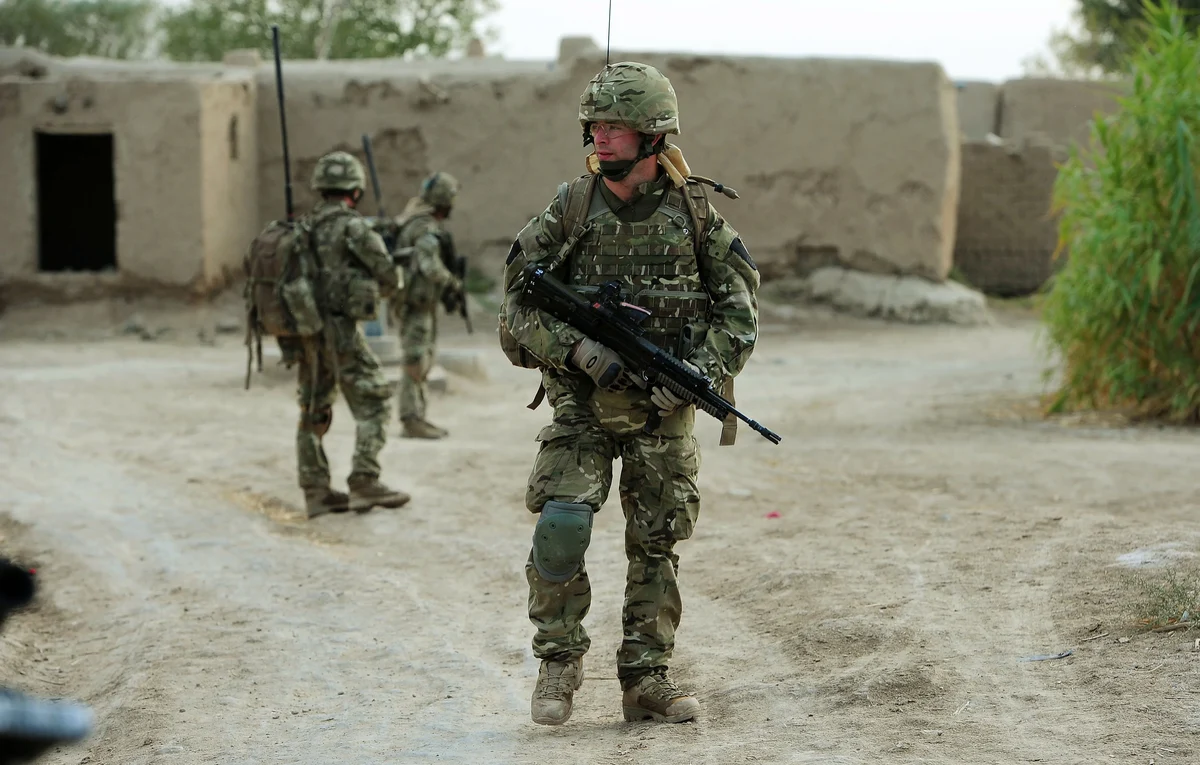
““If we intervene we will become even more hated by some sections of the Islamic extremists. Less involved less hated” Rob K, Devon
“It's high time Britain stopped getting involved in other countries. We can't afford it; we should sort out our own problems at home first. While we have people in real need in this country, and elderly people dying of neglect in our hospitals we should not be spending money abroad” Anon
“We will be seen as 'colonial', and give Islamists an excuse to attack us in our own country” Anon
“I would be concerned that regardless of how we started, we would end up spending hundreds of millions (or billions) supporting one side or the other, of what will be a sectarian civil war. We are broke in this country – if we have money to spare it should be spent here, not on yet another foreign adventure that will just increase the number of civilian deaths and suffering” Anon
Argument 2 - Because Britain is not a major world power
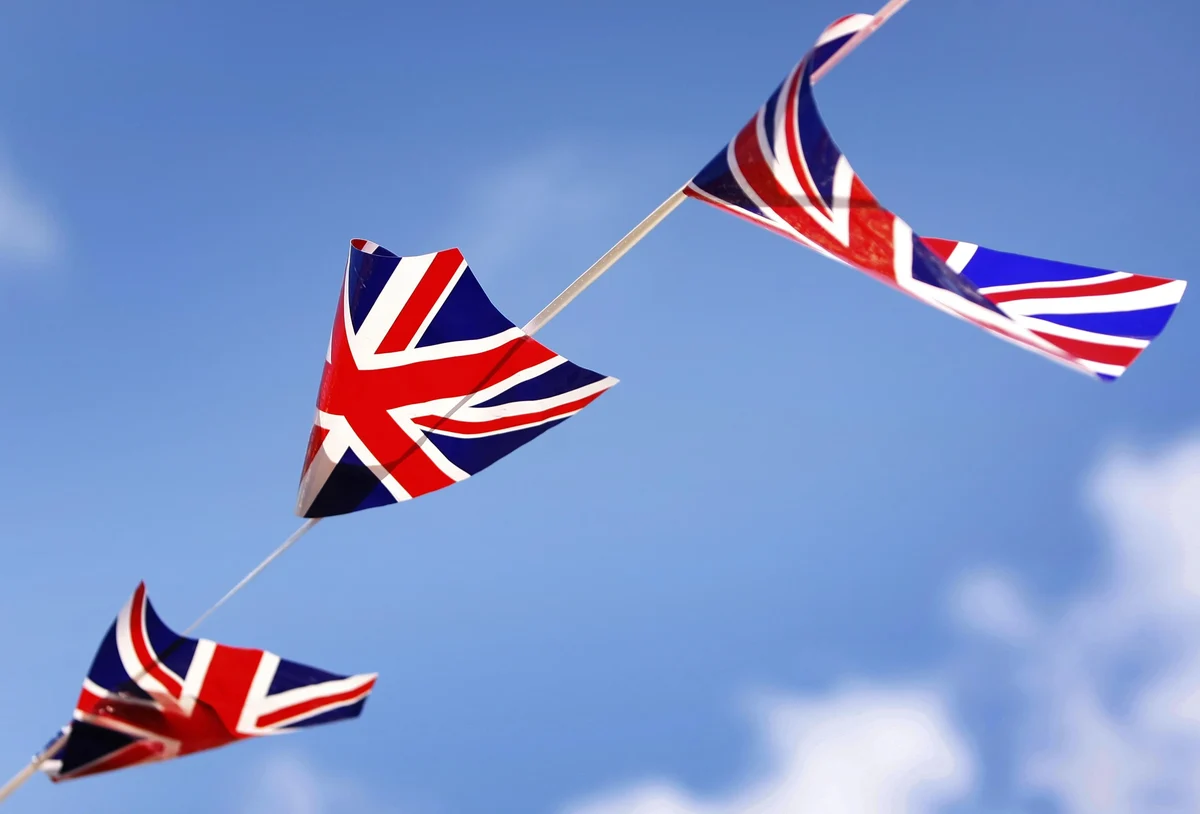
“We’re too involved in other areas. We are no longer a world power – we should recognise this and let others step in” Ken, Yorkshire
“We're not the world's policeman. Always risky to get involved in a civil war” Anon
“We no longer have the capability to be the world's policeman – we should direct our energies to highlighting the impact of the Russian and Chinese vetoes and persuading them to stand up to their world responsibilities” Mike D, Derbyshire
“Britain is a small island, and no longer a world power. Syria has other allies on the world stage – Russia and China and they should be left to intervene and work with the Syrians to work out a solution to the country's problems. The West cannot go on intervening in countries and effecting regime change. We have to accept that there will be countries/regimes that are different to our own” Nick A, Newark
Argument 3 - Because it has nothing to do with Britain
“The unrest is an internal matter in another country, and it is up to the nationals/government of that country to find a solution. Intervention on either side by external forces is a violation of their rights to self-determination and is no different to them getting involved with the rioters in the UK last summer” Anon
“Countries, including the UK, have a right to self-determination. Would you ever envisage Syria intervening or being given the right to intervene in UK affairs? Of course not” Anon
“It is a problem between Syrian governments and Syrian people: I don't think it would be appreciated if there were such widespread problems here, and other countries stuck their noses into matters”
Steph, WalesArgument 4 - UK intervention in the Middle East has a troubled history
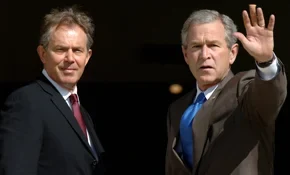
“Just look at the mess we have made in Iraq and Afghanistan interfering in political and religious tensions we have no idea about. Assad has held together a mix of small sect Islamic, Christian and other vulnerable minorities against what would have become a hostile Sunni state. Look at how Egypt is plunging into chaos. We must stay out of Syria – without external support things will calm down”, Jim, West Yorkshire
“Syria is a prime example of yet another despotic regime coming to a sticky end. The West has interfered in Arab countries too much. Libya was different in that Gaddafi had sponsored acts of terrorism in the UK in the past and the Arab Spring was our chance to even up the score. The situation in Syria is different. The population is exercising its right to self-determination. This is costly and bloody but it is essential we (and other non-Arab nations) keep out of the conflict” Anon
“The situation in Syria is much more complex than the situation in Libya. It is surrounded by unstable regimes such as Iraq and Iran, and the war is as much between different factions of Islam as it is about anything else. If we get involved we risk a bad situation getting much worse and it could lead to the involvement of Iran, Saudi Arabia, Turkey etc.” Anon
Argument 5 - Because we don't have enough information
“Lack of understanding of background to situation – could just make things worse” Anon
“We don't know what is exactly happening in Syria. How has a peaceful protest turned into a bloody civil war? Where are the rebels getting their weapons from? Who exactly represents the Syrian opposition?” Aziz, London
“The ‘rebels’ will not be any better than the present government, and might be worse” Leofwyn, Warwickshire
“The opposition party represents groups which have the capability of causing even more unrest in the region” Graham, Northampton
Argument 6 - Because it would be a hopeless situation
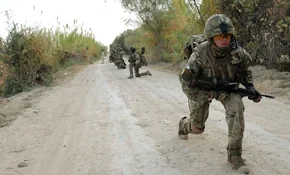
“What can we do, apart from escalate the situation and cause further bloodshed? Russia is obviously firmly on Assad's side, determined that he will remain in power. Against a torrent of Russian arms and support, what will a motley crew of rebels do, even if we could afford to arm them?” Nyree W, East Sussex
“Intervention would cause many more victims than at present. The fight is a clash of religions, not unlike what went on in Ulster. Like Ulster, a full democracy would be the oppressive dictatorship of the majority over the minorities. A system like that achieved in Ulster would be the best solution but foreign intervention, rather than unbiased pressure, would not help to achieve it” Anon
“UK intervention would be counter-productive in the extreme. This would help Assad to paint the opposition as a Western attempt to overthrow Syria, and he would be able to harness any feelings of nationalism against his opponents.
Iraq and Afghanistan have destroyed the credibility of the UK and the USA around the whole issue of ‘intervention’ in other countries (which is by the way a gross violation of the principle of national sovereignty…) Any such intervention would be seen in the light of these events, and would probably fail.
Also, the situation could be poised to escalate if the UK got involved. Remember, Syria is a Russian client state, not an international pariah like Afghanistan or Libya, or weakened with years of sanctions, like Iraq. Syria is comparatively well-armed, and any intervention there may draw in Iran or Russia, in a disastrous regional escalation” ED, Northampton
YES, Britain SHOULD intervene in the Syrian conflict
Argument 1 - The UK could impose a no-fly zone... with UN approval
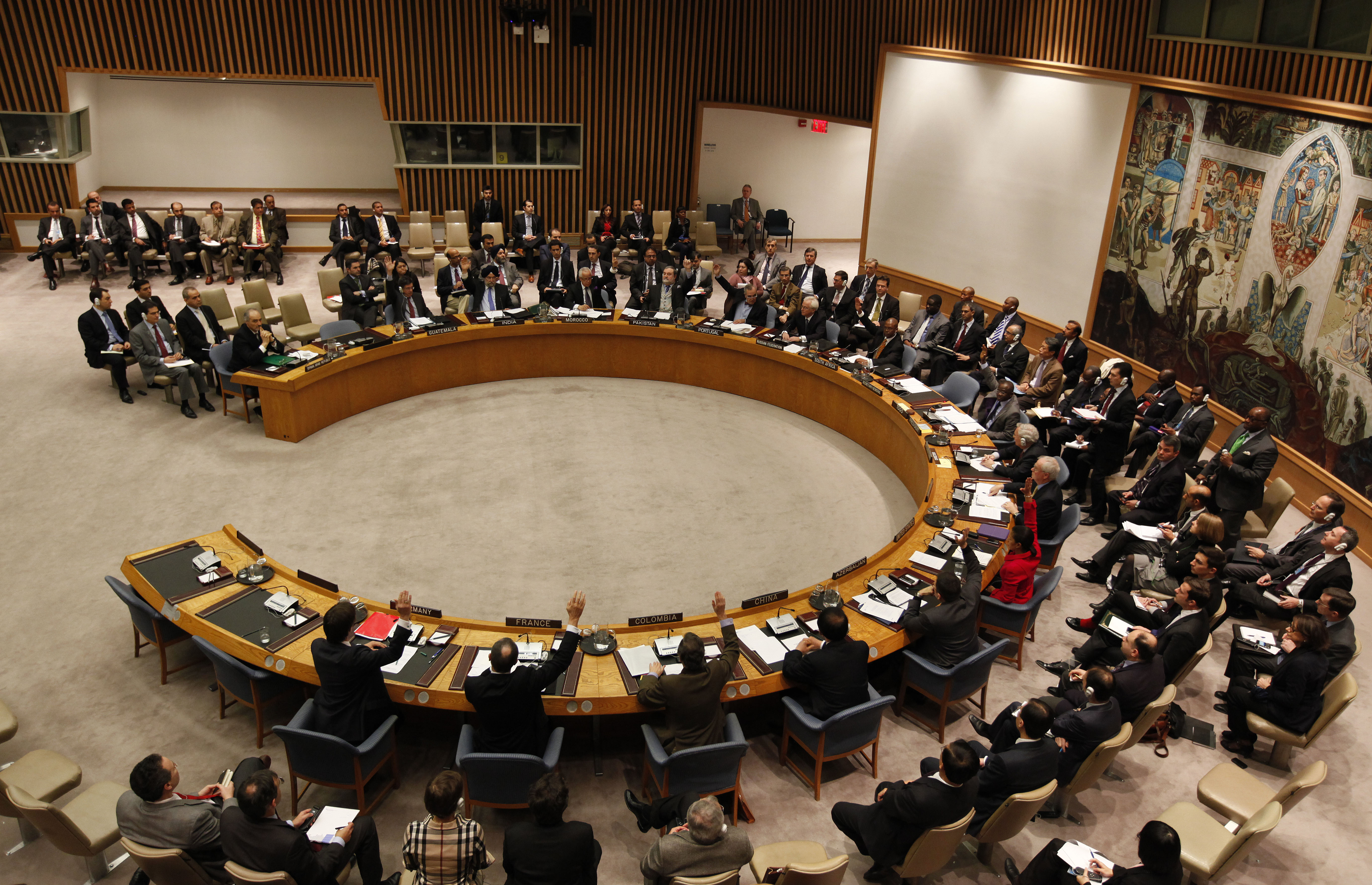
“This was implemented in Libya when Gaddafi started killing his own people. What's the difference in Syria?” Steve, Cleveland
“It would prevent air attack on the Syrian people. It is also a sign of aggression without necessarily having to be ‘aggressive’" Nick, Hampshire
“A no-fly zone would help to restrict the movement of the Syrian Army. It would help to demoralise their army. It would help to hinder trade and communications with Syria hurting the Government and helping to destabilise their position” Anon
“The protection of innocent civilians should be the most important consideration. Short of full-scale military intervention, steps must be taken swiftly to stop the government’s attacks on its own people. Warrants should be issued against the rulers to answer for their actions.
A no-fly zone must be imposed as soon as possible for the protection of civilians. Following similar actions in Libya, the message that dictators will not be allowed to slaughter their own people must be forcefully reiterated” Matt G, Dundee
“Because no other body reflects world opinion” Anon
“We are not the policeman of the world. All actions taken in another country should be with UN approval” John, Portsmouth
“To give the no-fly zone a just and legal position it should be imposed by the UN to ensure it has credibility and does not inflame regional discourse” Anon
“It’s got to be legal” Paul, Norwich
“It would involve the threat to shoot down Syrian aircraft. This would be an act of war. As Syria is not an aggressor against us and we have no assistance treaty with the rebels this would be an act of aggression under international law. Unless Assad attacks NATO really only a UN resolution could make enforcing the no-fly zone legitimate” Chris, Hastings
Argument 2 - The UK could impose a no-fly zone... WITH or WITHOUT UN approval
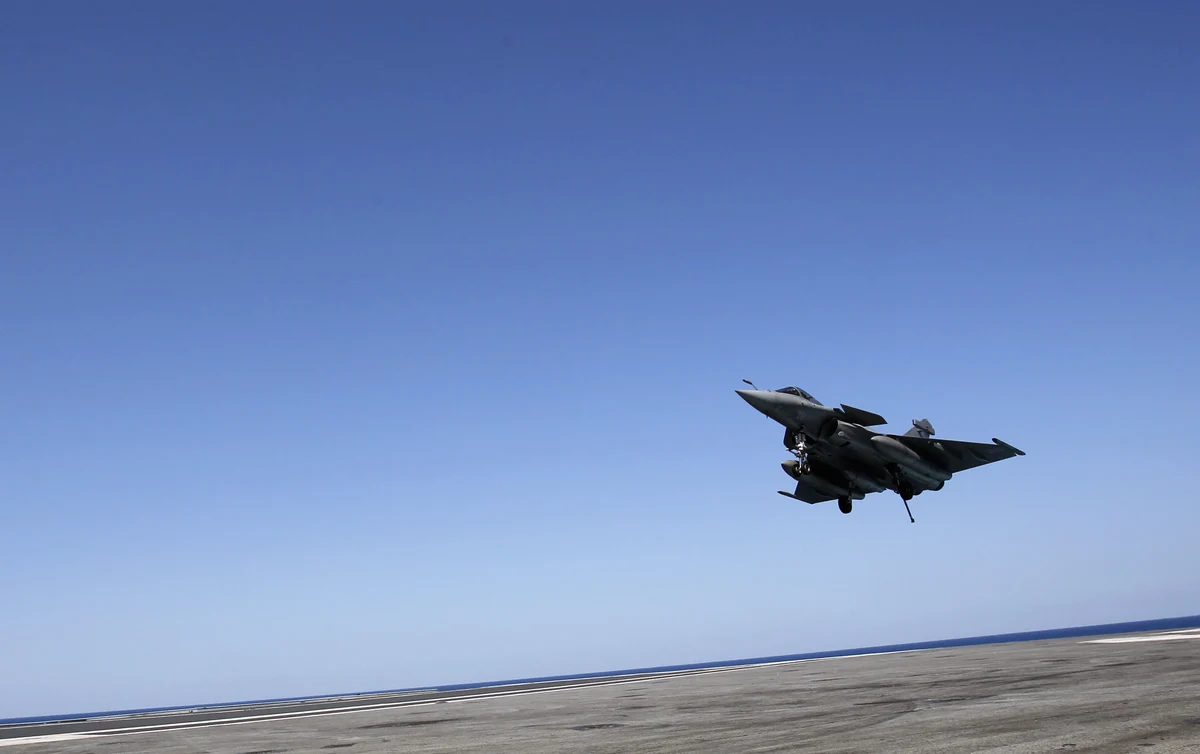
"The killing will run into tens of thousands otherwise. Russia and China won’t budge, so no UN resolution will be possible” Anon
“The UN take too long to make a decision – people are dying now” Joanne C, Yorkshire
“Something ought to be done! We cannot stand back and allow people to fight a regime without backing. Syrian people have the right to freedom, the same enjoyments that we relish here in the UK. We have a duty of care and NATO/Europe should do what is right and take action” Stephen D, Cardiff
“Who cares what the UN says? What's right is right” Bob, London
“I don't believe that UN approval will be forthcoming any time soon, so waiting for UN backing is not going to happen. That said, pushing for UN approval is a must, and a no-fly zone should and HAS TO involve the Arab league”, Aaron M, Glasgow
Argument 3 - The UK could provide arms to the Syrian rebels
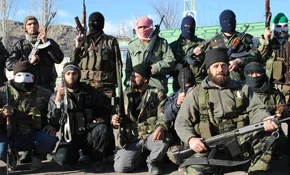
“I feel they're being hammered and someone needs to help them fight back. But I can also see that it's futile and that flooding an unstable country with arms is also problematic” Martyn, Bath
“We did it for the Libyan rebels, and indeed for many nations. Why shouldn't we do it for a group of fighters that want their freedom and to live in a country which they love in peace and without fear? We should arm them, teach them how to use them in combat, and offer other specialist training. Give them rifles, explosives, infra-red cameras, night-vision, and ammo and help guide them to freedom and peace” Winston R, Wiltshire
“I have no tactical knowledge but scenes of carnage in the streets of Homs makes me want to enable the residents to effectively fight off the government forces who are attacking them” Anon
“Realistically, the rebels are the only ones who can bring down the regime – short of all-out, and probably illegal, armed intervention by outside powers” Anon
"Anti-tank and heavier hand-held weaponry would give the freedom fighters a chance to repel Assad’s forces and provoke internal regime change without the West putting boots on ground or risking Russian air involvement” Paul J, London
Argument 4 - The UK could send in troops to protect civilians
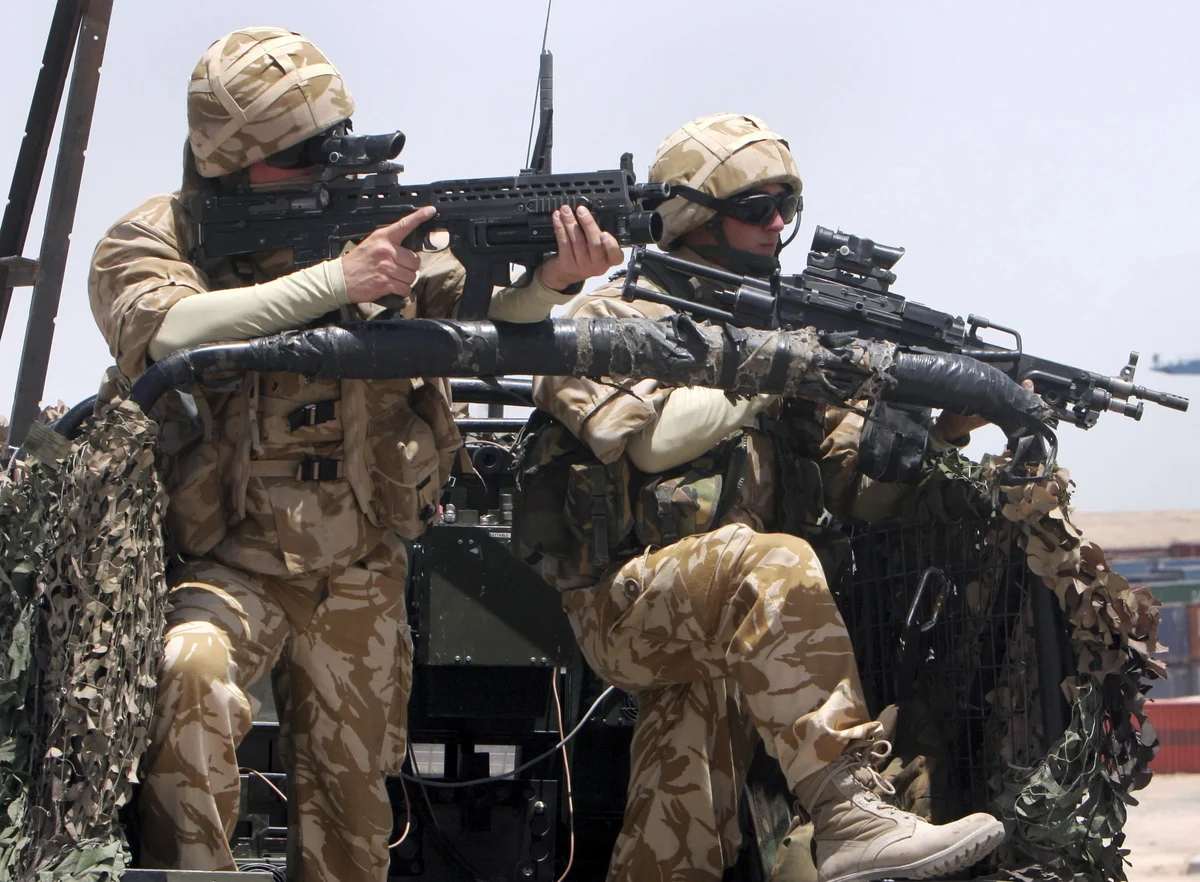
“This may be necessary as a last resort. In any event it should only be as part of an international effort and with UN approval” JAG, Newry
“Civilians deserve protection from attack, and solidarity with the fighters against oppression and tyranny can only reflect well on our nation and its values” Tony S, West Yorkshire
“You need troops on the ground to fully evaluate the situation and the anger needs to be cooled by both sides before a peaceful conclusion can be reached. It is wrong for any government to use lethal force against its own people, but it is also legitimate for a government to respond to violence with appropriate power” Mike, North Wales
“It looks like the Arab world is not going to help these people, so the allied troops must go in and save lives. Too much time has been wasted already talking” Jackie C, Northern Ireland
“As Syria breaks up, which I think it will, it will be necessary to militarily protect safe havens and refugee camps” John, Derbyshire
Argument 5 - Britain could send in troops to overthrow President Assad
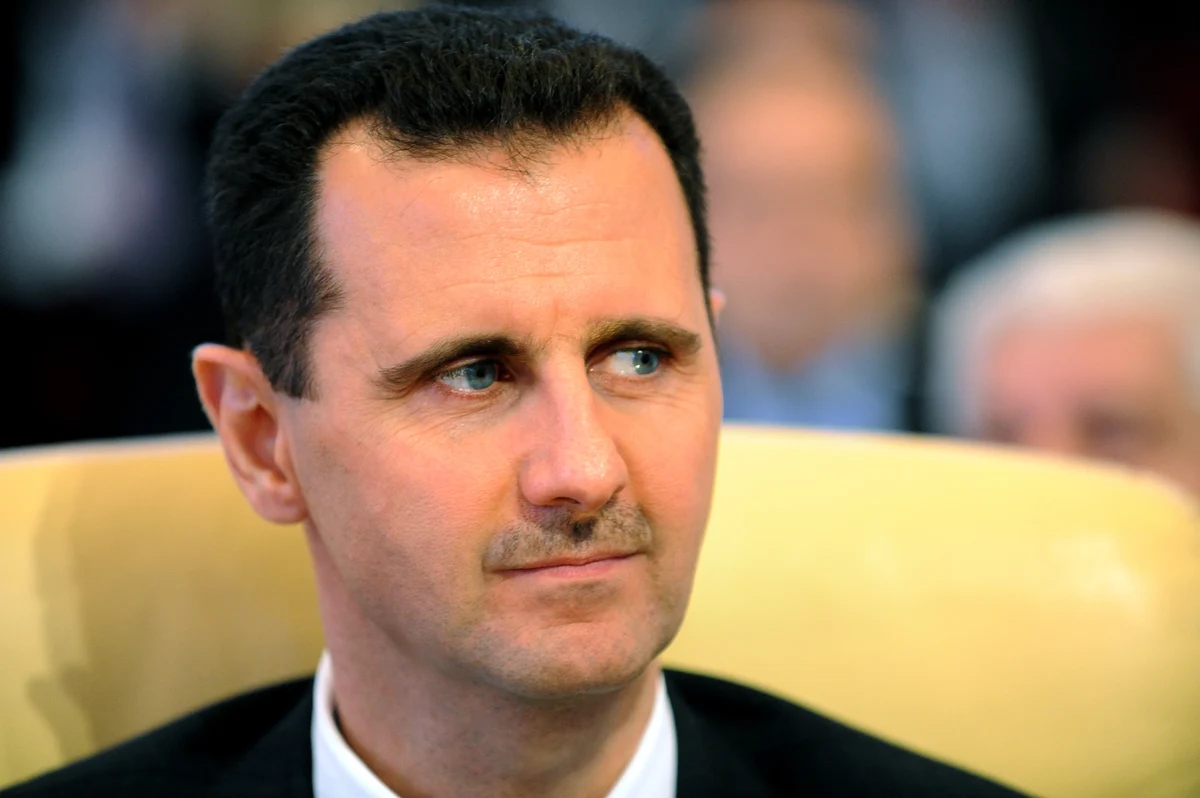
“How else are they going to overthrow the President? No one is helping, they have no real hope” Anon
“He has clearly decided to maintain his grip on power at all costs. Syrians should have the right to choose their leaders not have them imposed upon them” Anon
“With the Arab League and the UN we should with others stop the suffering of the Syrian People” GT, Dorset
“Assad is a dictator and it is the developed world’s ethical and moral responsibility to protect poor and developing countries and its people, from such murderous dictators” Brad, Kent
“The sooner peace is restored to Syria the less chance there is of escalations in neighbouring countries. The president is a dictator and needs to be ousted and a democracy restored to the country” Terrence G, UK
Argument 6 - The UK could impose further economic sanctions
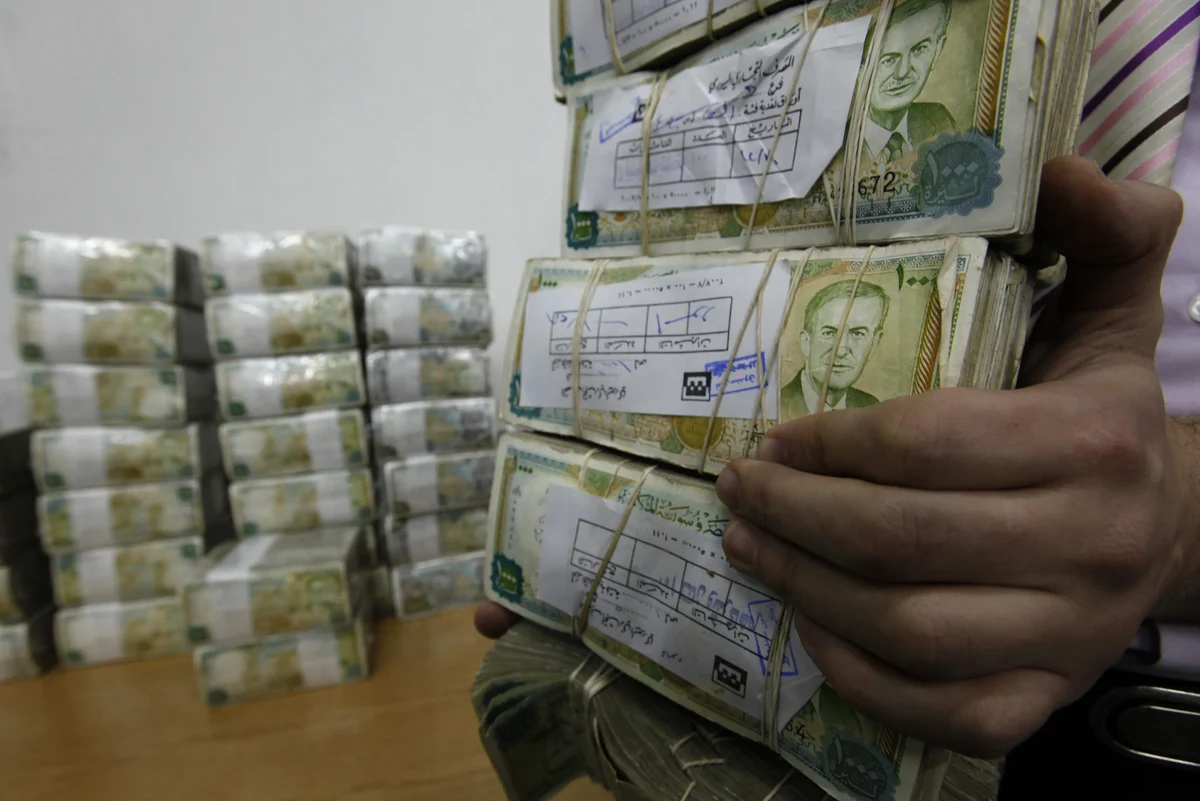
“We must freeze the assets of the regime” Jim T, Renfrew
“The only way to bring about true change is to isolate regimes from the rest of the world. Concerted media focus on industries that UK consumers buy from, that are Syrian, and or Syrian supplied, should highlight what consumers should be buying or not” Anon, London
“If no further sanctions are implemented then it is as good as giving the green light to the on-going slaughter” Bill C, Leicester
“It may be a small gesture by our government, but it sends a message to the Syrian government that we as a country find the killing of their own people unacceptable. At the moment it seems to be the only way we can do this without the support of the rest of the world. However we must think how these measures will impact the people of Syria” Daphne S, Yorkshire
“I think an embargo on anything coming in or going out of Syria is the answer. I also think we should ban any imports from China as this would hurt them too – after all, our exports to them are down 15%!” Dee, Berkshire
Argument 7 - The UK could offer 'observers' to monitor the situation
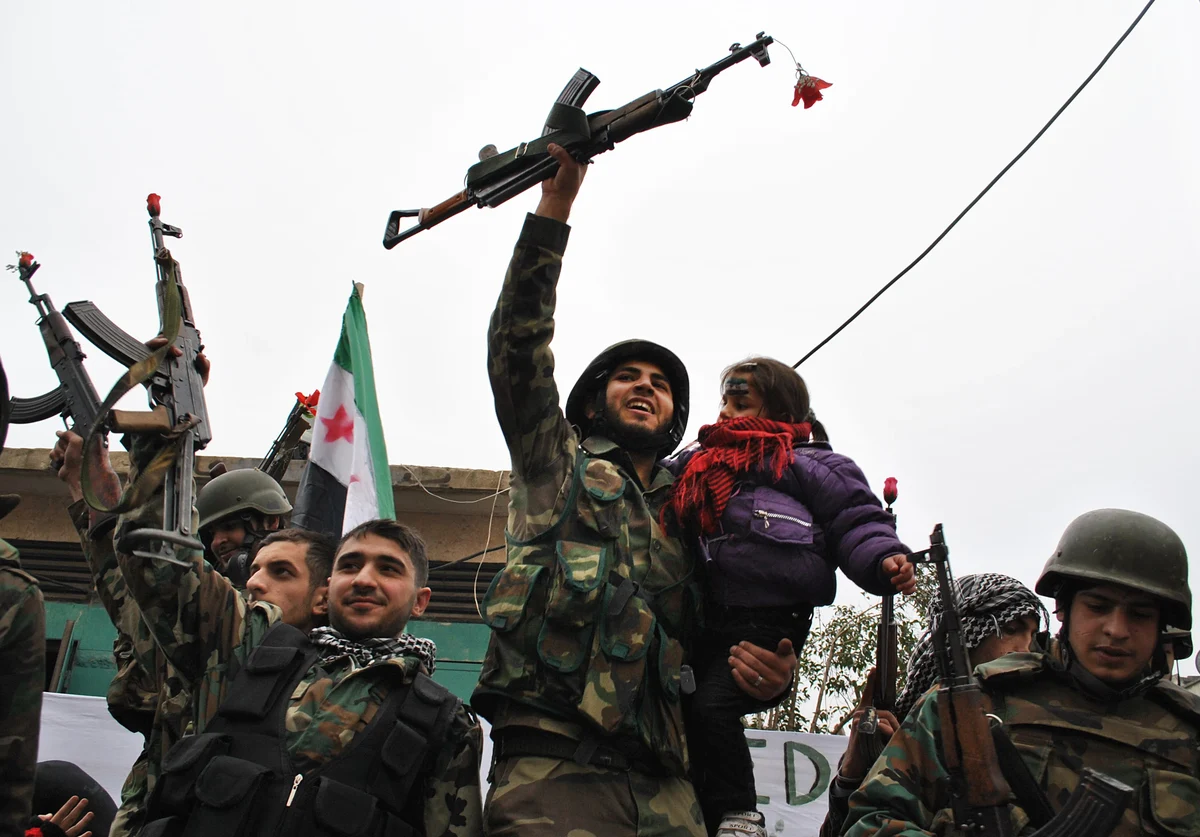
“With foreign reporters banned we need to see the true picture” Keith, Taunton
“The British would be more honest about what they see” Anon
“The Assad regime is liked and disliked in equal measure by its population, and the worry is that the country will spiral into civil war. Military intervention by Britain is not the answer. What is needed is a dialogue through UN, Arab League and regional powers surrounding Syria and of course the protection of innocent civilians is crucial.
If the Assad regime is to fall, the people of Syria will decide, and outside powers should not dictate this nor turn the crisis into some kind of proxy war. The observers should be independent and not linked to the British establishment, and the British government should get assurances for the safety of these observers. What is needed by the western press is reporting of both sides of the conflict in Syria, as there is no press coverage of the millions of supporters of the Assad regime who support the secular Ba’ath party, albeit a dictatorship.
It's interesting what the British press chooses to report when it comes to human rights abuses in foreign countries, and yet have failed to report the mass killings of innocents in Bahrain!” Akter Khan
“If Assad says yes then it will give us a clearer picture of what is going on and may reduce violence. If he says no then he loses credibility” Anon
“Britain has experience of monitoring and observing, and may prove more effective than the Arab nations' team, not to mention giving them support – this might be best” Sue R, Manchester
What else could we do?
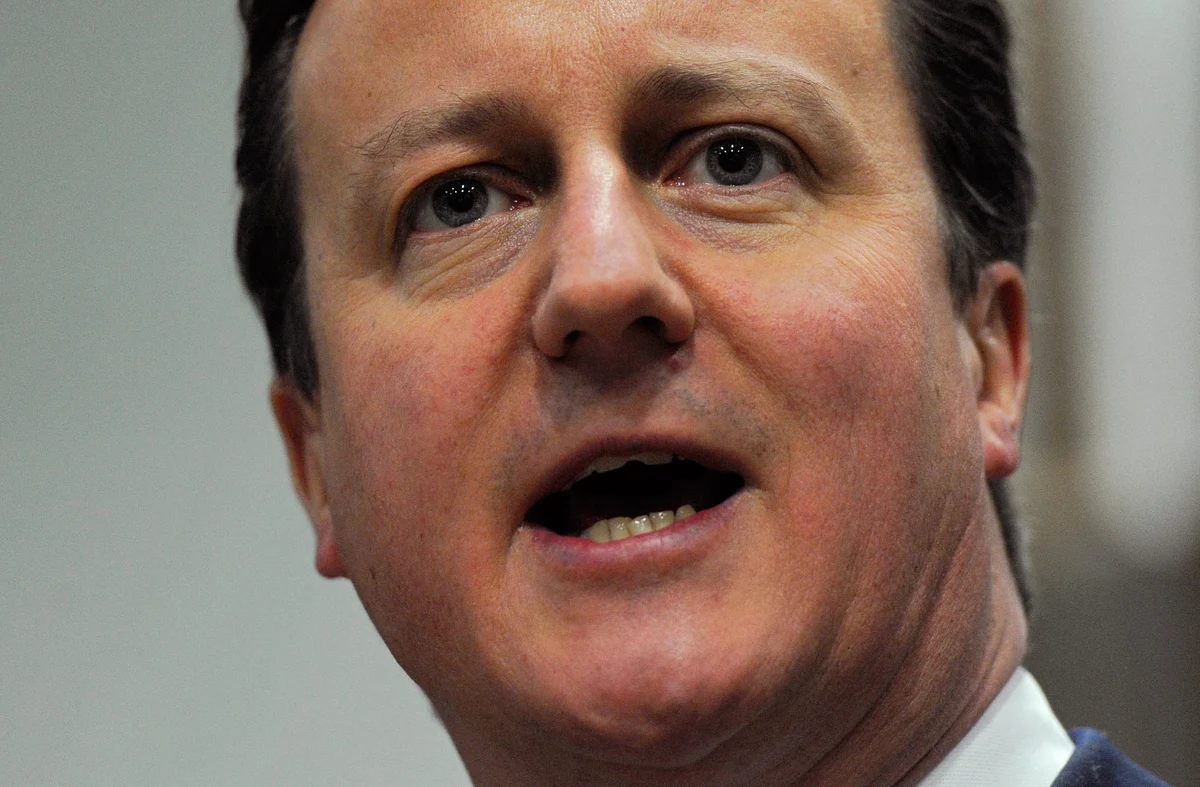
“Urge Turkey to create a safe haven inside the Syrian border” Anon
“We should try to have diplomatic negotiations with both sides; Al-Assad and the Syrian rebels. Violence should never be considered until all available peaceful solutions have been considered and exhausted, and the situation becomes more than dire” Connor, Durham
“SAS to 'de-throne' the President?” Anon
“Britain should be trying to influence the Russians and Chinese to agree to the proposals from the Arab League in order to bring stability to the situation. The lessons learnt from Libya need to be taken into account, otherwise you end up with yet another unstable regime in an area that is a time-bomb waiting to explode” Anon
“Ask the Arab League what the West should do?” Anon
“We should set up safe zones for refugees and send foreign aid to them too” Anon
“Hack into Syrian government officials' email and phone. Disrupt communications of government. Pirate television & radio broadcasts” Paul, London
“Using Libya as an example, there is a strong argument to suggest helping via air strikes while the Syrian rebels conduct ground fighting may be a fitting solution” Anon
“Make it clear that Britain will not support any military action. Lobby to provide humanitarian aid where required, but also to ensure that the costs of such aid will be expected to be repaid by the Syrian government – and if not repaid, all assets held in the UK will be used to fund it” Anon

What do you think the UK could do, if anything, to stop the crisis in Syria?
Enter the discussion using the Disqus comments section below

All images courtesy of the Press Association






